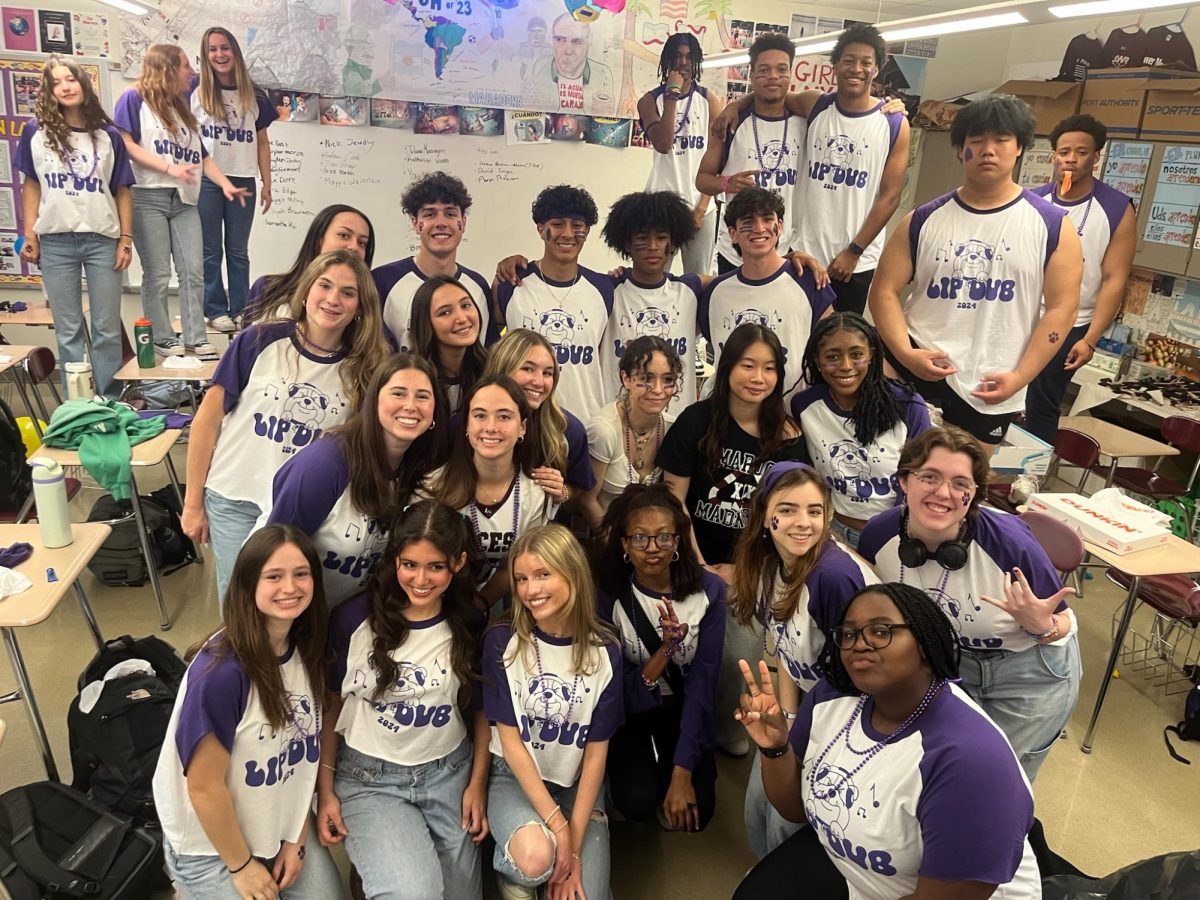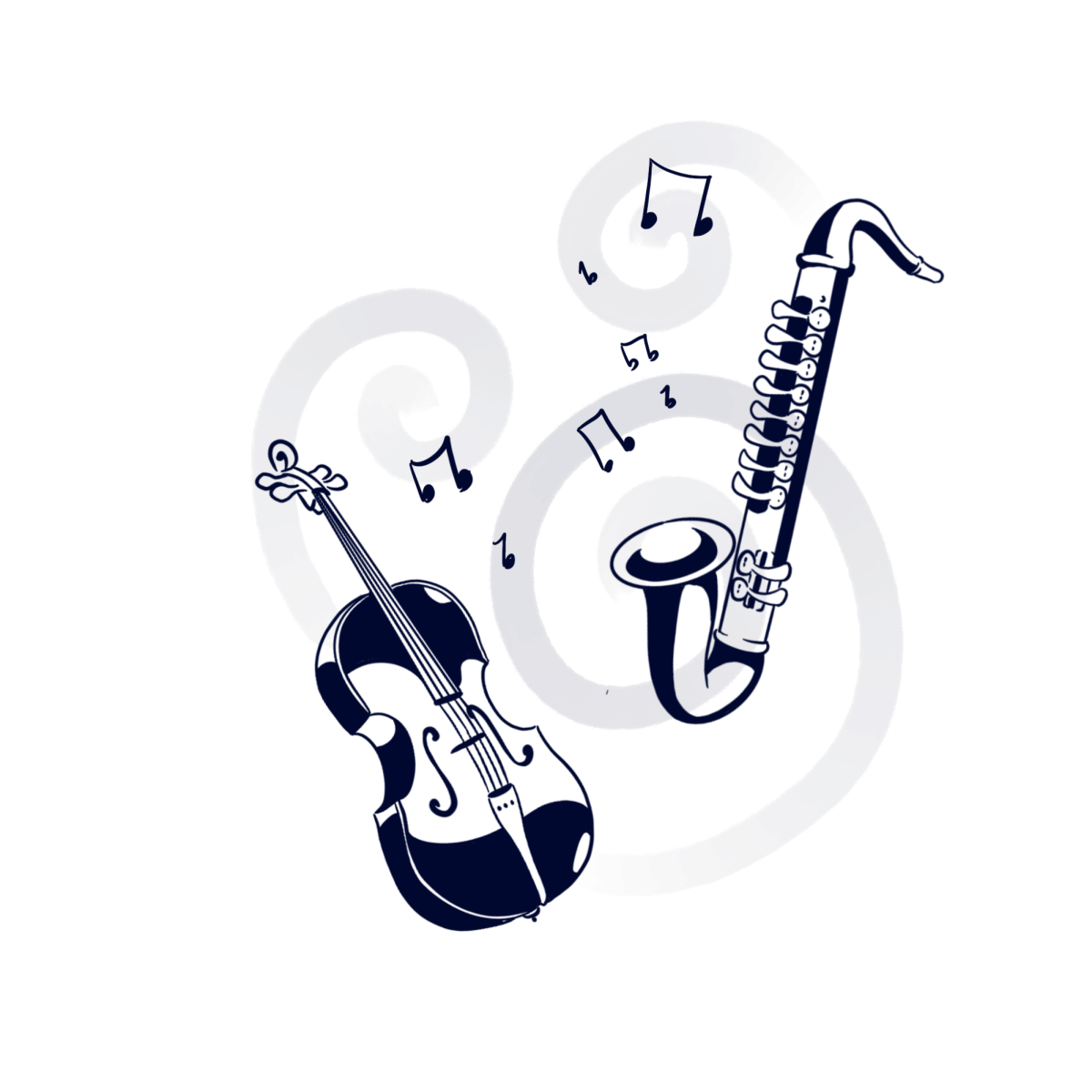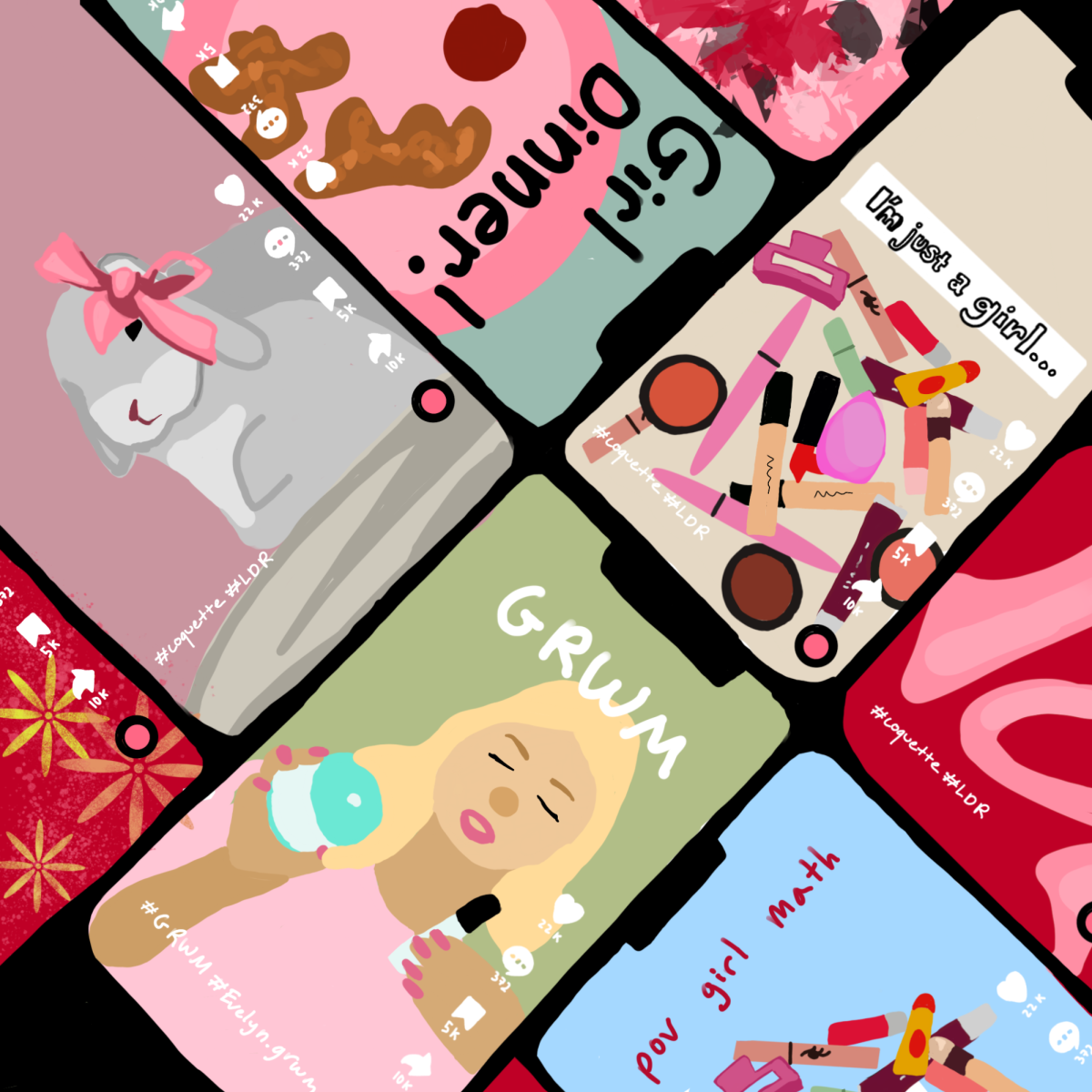
TikTok has emerged as a global sensation in the social media market, with almost 1.5 billion monthly active users. This number could reach up to two billion by the end of 2024. TikTok’s short-video format makes it enticing. Often, videos are paired with songs from the extensive catalog of music that Universal Music Group (UMG) had previously licensed to TikTok.
UMG is one of the world’s largest music companies and is involved with some of the largest aspects of the industry, such as production, distribution, and promotion of music across various social media platforms like TikTok. In early February, the licensing agreement between TikTok and UMG expired. However, both companies were not able to come to a new agreement, which caused UMG to remove almost three million songs from TikTok.
As a result, millions of videos on the platform are now without their popular audios. Many songs made by mainstream artists were completely removed, and became inaccessible to users. Prior to the removal of the music catalog, sounds could be used and previewed by tapping on the circular button on the bottom right corner of videos. Now, videos that were previously uploaded with UMG-licensed music are muted, with a small caption on the bottom of videos stating: “This music isn’t available.” The problem comes down to UMG’s desire for compensation for artists and songwriters, protection of artists from the rise of AI music creation, and protection of TikTok users from hate speech and harassment. In a public statement released by the company, UMG stated, “TikTok attempted to bully us into accepting a deal worth less than the previous deal, far less than fair market value, and not reflective of their exponential growth.”
This sudden change has shifted the overall user experience on the platform, especially amongst the teenage audience, which makes up a large portion of TikTok’s users. First, music plays a crucial role in the cultural identity of teenagers. “Most of my friends discover so many songs on TikTok,” said Luke Shepard ’24. With UMG’s abrupt removal of their music from the platform, many songs that teenagers deeply relate to are no longer available for them to use or watch videos with.
Rona Shalish ’25, an active user of TikTok, expresses her frustration with this sudden change as she finds it “annoying to watch videos now.” She further adds, “I think it’s ruined the whole TikTok experience. I want to be able to listen to my favorite artists.”
Similarly, Emma Barrabee ’25, who regularly uses TikTok to film content, also shares her displeasure with the change; “All of my videos that I have filmed with songs are now all quiet. It just looks like I’m awkwardly standing and posing for a video with no sounds.” This has prompted her to “delete the majority of [her] videos.” In contrast, Lucas Pham ’25 has a rather different take on this issue. Pham often uses TikTok to promote his fan edit videos, which he does on a regular basis.
Pham explains how “music is always very important when I make edit videos. It also helps spread my content to more people who enjoy the same music style.” With the sudden change, you’d expect users like Pham to become frustrated with the platform, as they are restricted from using songs. But Pham states, “I have often used TikTok to find catchy songs for videos that I make edits with, but with the changes with licensing, indie songs or remixed songs are even better than the mainstream pop culture music.”
The absence of UMG’s music catalog has drastically impacted the teenage demographic and their experience on the platform. However, there appears to be a range of reactions among the teenage audience. While some teenagers have expressed understandable frustration and disappointment over the loss of familiar songs and the disruption of their creative autonomy, other teenagers, such as Pham, have adapted to the change and are less affected by the absence of UMG’s music catalog. As TikTok navigates its way through this massive change on their platform, addressing and understanding the various needs and preferences of the teenage audience will be important in maintaining the platform’s cultural relevance.





